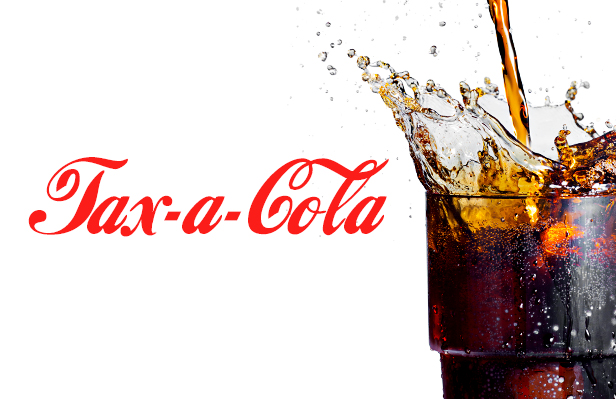Media

The Fizz Tax Is on the Fritz
Philadelphia’s soda tax was the final blow to the Orlando family’s nearly 70-year-old bakery. The business closed earlier this month following a steep decline in sales after the soda tax became effective on January 1 of this year.
The closing proved emotional for customers and Anthony Voci Jr.—the grandson of the bakery’s original owner, Christopher Columbus “Chick” Orlando. Philly.com reports:
Sunday’s crowd at the store, at Lebanon Avenue and Kenmore Road, was in tears over the closing and the layoff of the five workers, who were like family. Voci had to leave early, as he was overcome with emotion.
The Orlando family, their customers, and employees aren’t alone in dealing with the consequences of Philadelphia’s soda tax. We’ve documented numerous instances of the tax’s adverse impact on working people—from small business owners to union workers. A new report from the Tax Foundation crystallizes this impact by highlighting the repercussions of the punitive and regressive tax. Here are a few key findings:
- The high tax rate on nonalcoholic beverages makes them more expensive than beer in some cases. Prior research on soda taxes suggests they are likely to drive consumers to more alcoholic beverage consumption.
- Philadelphia’s beverage tax applies to diet beverages, despite those beverages having no impact on caloric intake.
- Poor revenue performance of Philadelphia’s beverage tax threatens the sustainability of the programs it funds.
The report also notes tax revenue being diverted to city agency budgets rather than used for prekindergarten education. Originally, the tax was sold as a way to finance early education for children from disadvantaged families. Yet, as the foundation points out, just 49 percent of soda tax revenue has been allocated to pre-k programs. Instead, some of the money is being used for employee benefits, community schools, and recreational projects.
The plethora of problems from this one tax is astounding. In addition to the findings above, the report mentions job losses at Coca-Cola and PepsiCo and changes the latter has made to the products offered to Philadelphia vendors.
The tax’s disastrous structure and implementation have prompted lawsuits from affected business owners and workers. To date, the plaintiffs have been unsuccessful in challenging the tax, but they have filed a petition with the Pennsylvania Supreme Court to hear their challenge.
Regardless of the legal outcome, the tax is likely to remain in the spotlight and serve as a cautionary tale for other cities considering a similar tax. Hopefully local officials in those cities take away the right lessons and avoid punishing residents and business owners with an unfair tax that fails to deliver promised outcomes.